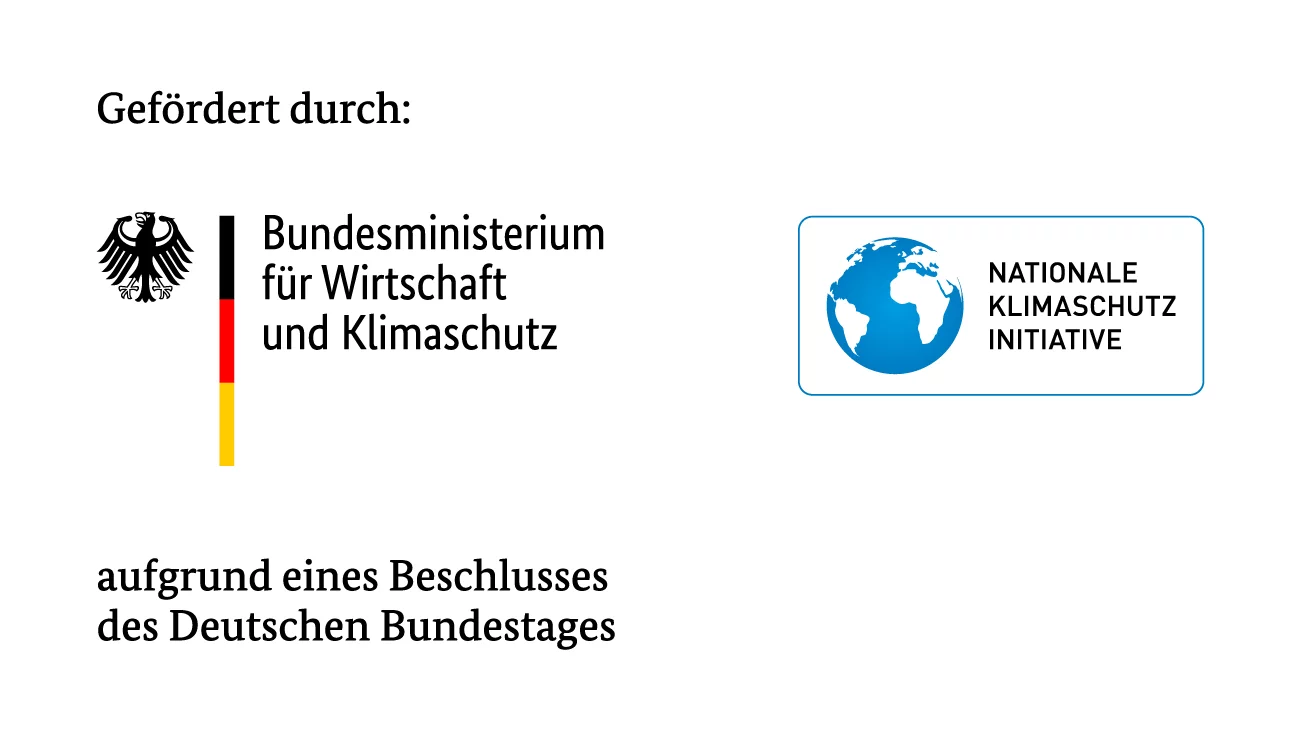Our new bio-waste anaerobic digestion plant in Bernburg (Saale) launched operations in 2022
Clean energy from bio-waste
This plant uses everything that lands in the bio-waste bin to generate environmentally-friendly biogas – and thus sustainable energy.
Climate-neutral energy source also increases independence from natural gas
By treating the biogas resulting from bio-waste digestion, the plant produces around 21,000 megawatt hours of biomethane each year. Biomethane is a renewable energy form and a fully-fledged, climate-neutral substitute for natural gas. After all, compared with full composting of the bio-waste without generating energy the bio-waste anaerobic digestion plant in Bernburg saves around 7,400 tonnes of CO2. That is roughly equivalent to the impact of converting 2,200 households to green electricity and around 300 households to green heat. The biogas plant in Bernburg is therefore making a major contribution both to increasing our independence of fossil gas supplies and to protecting the climate.
Major contribution to sustainable circular economy
Another benefit of the forward-looking combination of bio-waste digestion and biogas production is this: The state-of-the-art plant can process around 33,000 tonnes of bio-waste a year. As well as biogas, the digestion process also produces a ferment residue that, once treated, can be put to valuable use in solid or liquid form in agriculture.
This way, MVV is making a major contribution to building a sustainable circular economy and sparing the ever scarcer resources of our planet. Over and above its environmental benefits, the plant also increases disposal and supply reliability and boosts the regional economy.



